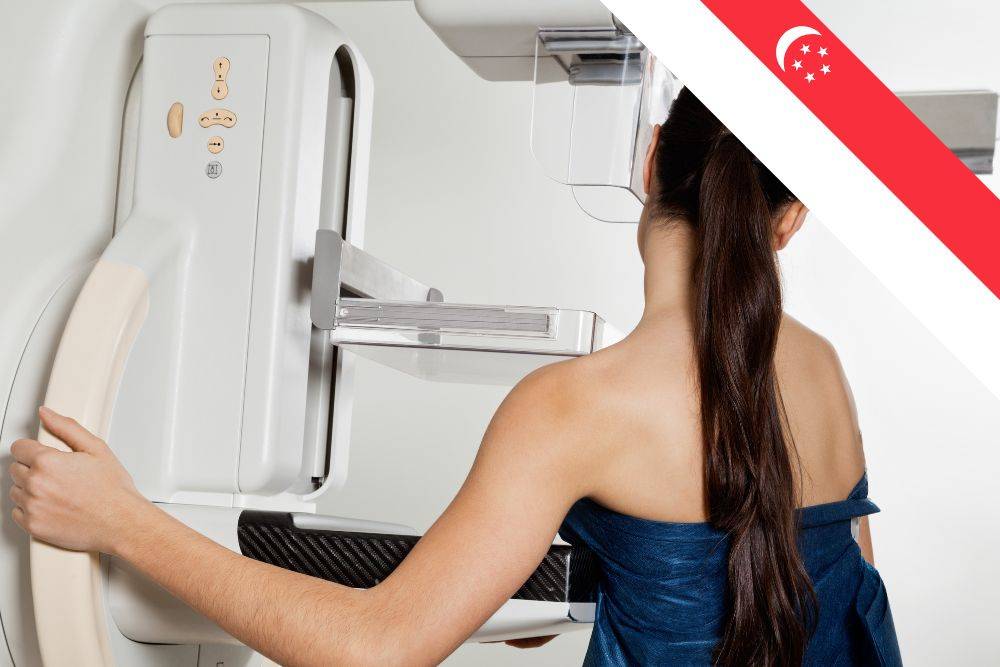Breast cancer is a significant health concern in Singapore, being the most common cancer among women in the country.
Early detection through effective screening is crucial for improving survival rates. In addition, support from organisations like the Breast Cancer Foundation (BCF) provides invaluable resources and assistance to those affected. This article explores the prevalence of breast cancer in Singapore, available screening options, and the role of the Breast Cancer Foundation in combating this disease.
Prevalence in Singapore
Breast cancer accounts for nearly 30% of all cancers diagnosed in women in Singapore. According to the Singapore Cancer Registry, over 10,000 new cases were reported between 2013 and 2017. The incidence rate is approximately 65 per 100,000 women annually, making it a critical public health issue. Notably, the risk of developing symptoms increases with age, with the majority of cases occurring in women over 50 years old.
Breast Cancer Symptoms and Stages
Recognising the symptoms can lead to early diagnosis and treatment. Common symptoms include:
- A lump in the breast or underarm
- Change in breast size or shape
- Dimpling or puckering of the skin
- Nipple discharge or inversion
- Redness or scaling of the breast skin or nipple
Breast cancer progresses through different stages, from 0 to IV, based on tumour size, lymph node involvement, and the spread to other body parts. Early-stage breast cancer (stages 0 and I) generally has a better prognosis compared to advanced stages (III and IV).
Breast Cancer Screening in Singapore
Regular screening is essential for early detection and improving survival rates. In Singapore, various screening options are available:
Mammograms
Mammograms are X-ray examinations of the breast that detect tumours that cannot be felt. They are the most common and effective screening tool for breast cancer. Hence, the Health Promotion Board (HPB) recommends that women aged 50 and above undergo mammograms every two years, and for women aged 40 to 49, annual screening is advised.
Ultrasound
Breast ultrasound uses sound waves to create images of the breast tissue. It is often used alongside mammograms, especially for women with dense breast tissue, where mammograms might not be as effective. Ultrasound can also help differentiate between solid masses and fluid-filled cysts.
MRI
Magnetic Resonance Imaging (MRI) provides detailed images of the breast and is usually recommended for high-risk women, such as those with a family history of breast cancer or carrying BRCA1 or BRCA2 gene mutations. MRI is more sensitive than mammography and can detect cancers that mammograms might miss.
Breast Cancer Foundation (BCF)
The Breast Cancer Foundation in Singapore plays a vital role in raising awareness, providing support, and funding research.
Awareness and Education
BCF conducts various awareness campaigns and educational programmes to inform the public about breast cancer symptoms, the importance of regular screening, and preventive measures. Consequently, their efforts aim to dispel myths and encourage proactive health management.
Support Services
Additionally, BCF offers a range of support services for breast cancer patients and survivors, including counselling, support groups, and wellness programmes. These services help individuals cope with the emotional and psychological impact of the disease.
Research Funding
BCF also funds research initiatives to improve breast cancer treatment and outcomes. Therefore, by supporting scientific studies, they contribute to advancements in medical knowledge and therapeutic options.
Conclusion
Breast cancer remains a prevalent health issue in Singapore, but early detection and effective treatment can significantly improve survival rates. Regular screening through mammograms, ultrasounds, and MRIs is crucial for early diagnosis. Organisations like the Breast Cancer Foundation provide essential support, awareness, and research funding to combat this disease. By staying informed and proactive, women in Singapore can take important steps towards breast health and early cancer detection.
Have a pressing question for a doctor? Medical Channel Asia has launched a community forum page where you can get questions answered by a medical specialist. Visit the community forum here.

